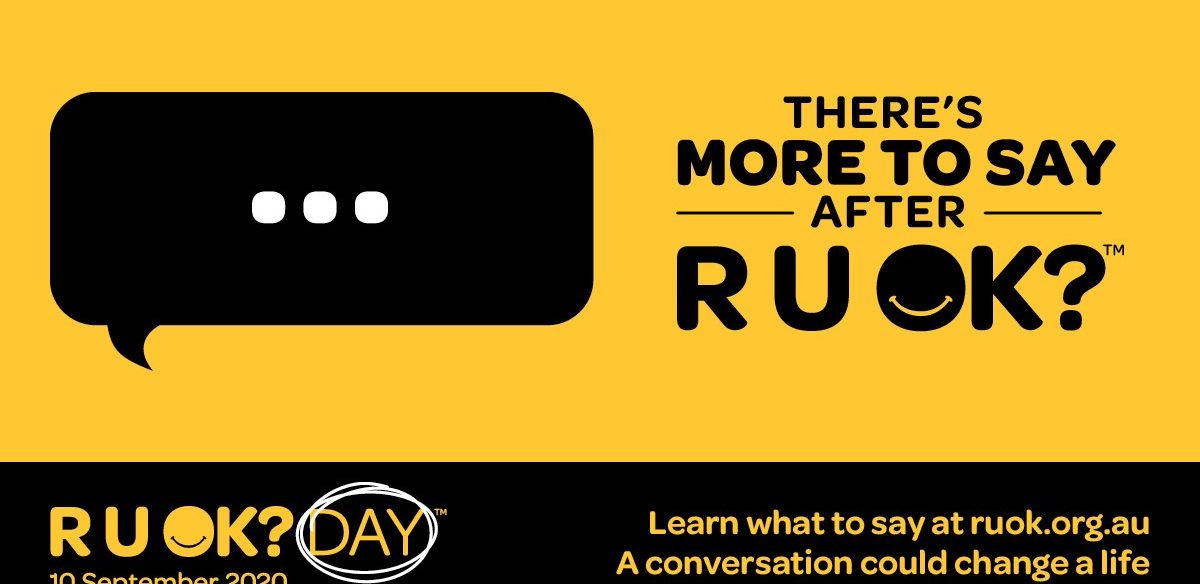Weekly Wrap

Trigger Warning – a conversation on suicide
The following message is designed to be informative for the school community
This week we acknowledge that Thursday was R U OK Day.
Following on from the graphic video shared on social media this week, I have decided to start a conversation about suicide. It can be difficult to make the decision to communicate about suicide. It’s important to remember that suicide is a complex issue.
1 in 5 of us will experience symptoms of mental illness in any given year. In Australia, that’s around 5 million people. And roughly 60% of these people won’t seek help.
Suicide and suicidal thoughts remain a leading health concern for people of all ages in Australia. Suicide is the number 1 cause of death for people aged between 15 and 44 in Australia. More than 3000 Australians end their lives each year — this is about 8 people a day. We lose more people to suicide than die on our roads each year. For every death by suicide in Australia, it is estimated that there are 30 attempts made.
We know that suicide prevention is an enormously complex and sensitive challenge the world over. But we also know that some of the world’s smartest people have been working tirelessly and developed credible theories that suggest there is power in that simplest of questions – “Are you OK?”
2020 has been a challenging year for everyone and circumstances have made it even more important for us all to stay connected and, for those who are able, be willing to support those around us. Asking R U OK can begin a conversation that could change a life.
You don’t have to be an expert to keep the conversation going when someone says they’re not OK.
So what do you do if they are not OK?
- Ask the person if they would like to talk about it.
- Talk to the person about any behavioural changes you have witnessed, for example, “I have noticed you appear down lately.”
- Listen without judgement, the power of feeling listened too has the ability to provide comfort and reassurance.
- You do not need solutions or answer to their problems. It is ok to say, “I don’t know what to say, can we think of solutions together?”
- Check to see if the person is connected to professional mental health support. If they are experiencing suicidal thoughts and they or you are concerned for their own safety, call 000 or lifeline for immediate support.
By asking ‘Are you Ok?’ you can help someone feel supported and access appropriate help long before they are in crisis, which can make a really positive difference to someone who may otherwise be feeling disconnected.
By inspiring people to take the time to ask “Are you OK?” and listen, we can help people struggling with life feel connected long before they experience distressing thoughts. It all comes down to regular, face-to-face, meaningful conversations about life. And asking “Are you OK?” is a great place to start.
I encourage anyone who may be at risk or experiencing emotional distress, including worried family and friends, to contact one of the following services:
- Kids Helpline. 1800 55 1800. Phone support is there all day, every day. Online support is open from 8am-midnight every day (AEST).
- Suicide Callback Service. 1300 659 467. Phone support all day, every day, and follow-up calls.
- 1800 650 890. Open 9am-1am daily (AEST).
- 13 11 14. Phone support all day, every day. Online support 7pm-4am daily (AEST).
- 1300 22 4636. Phone support all day, every day. Online support 3pm-midnight every day.

